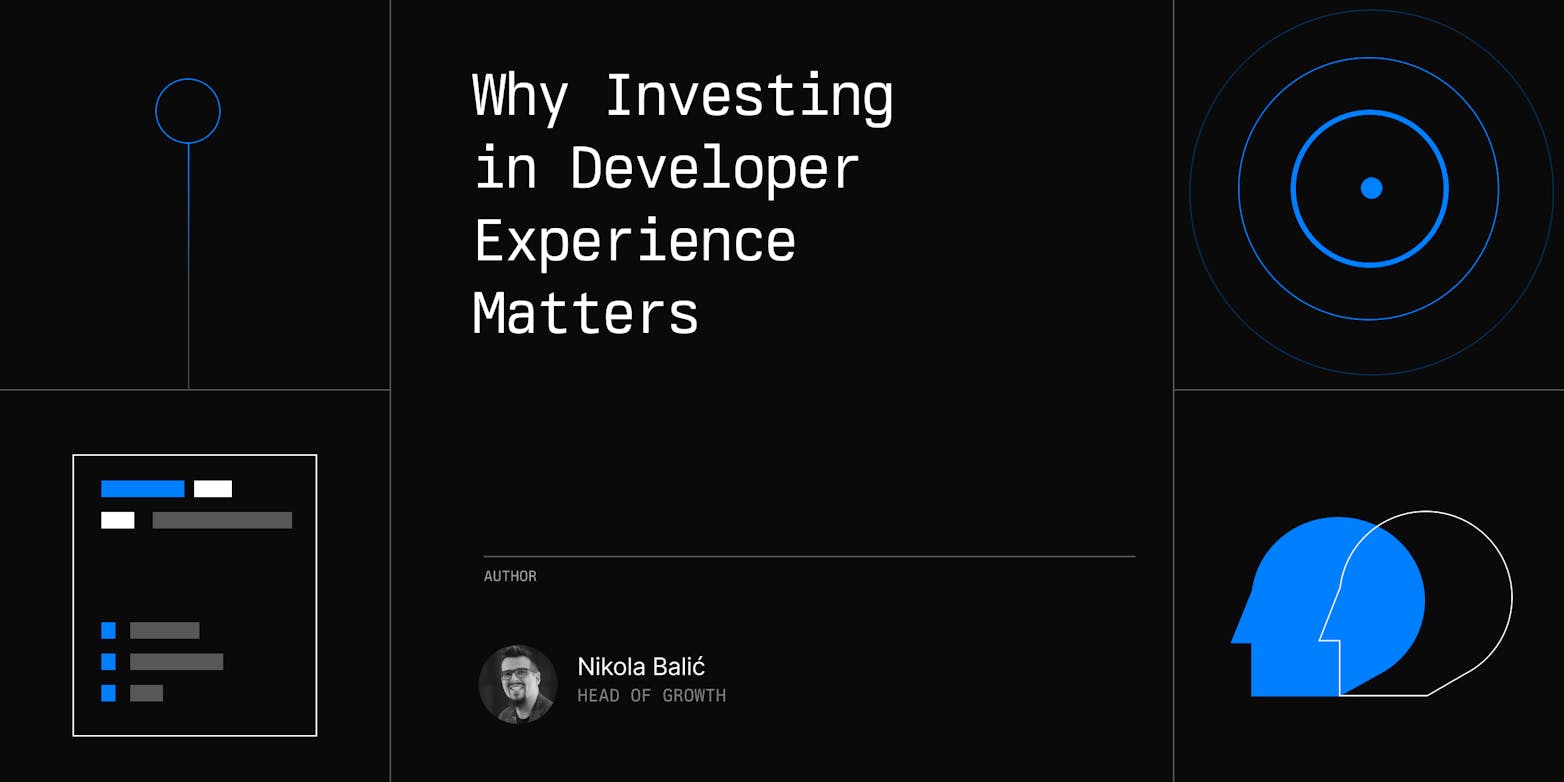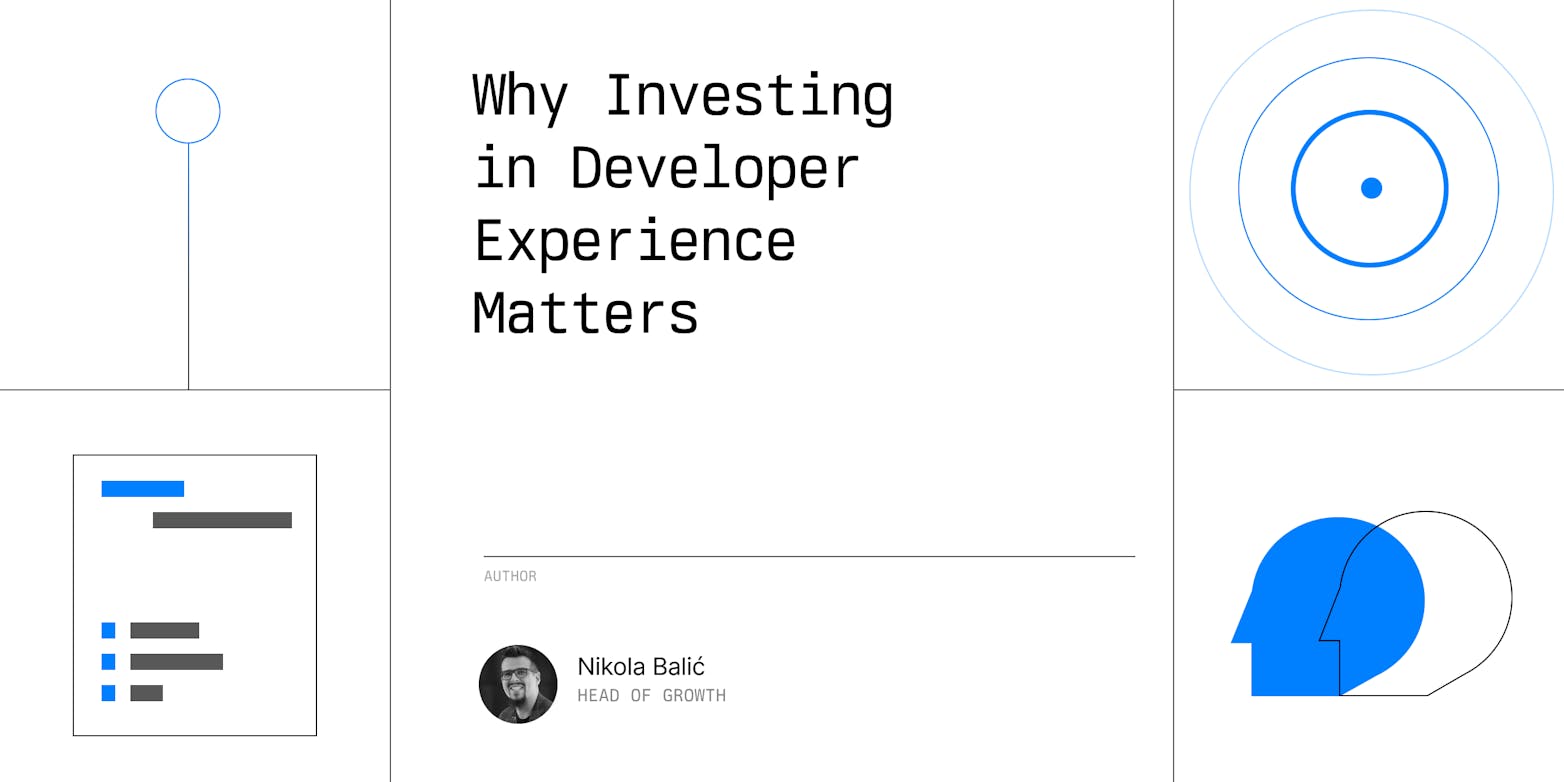Relying solely on Virtual Desktop Infrastructure (VDI) to safeguard valuable intellectual property (IP) is a conventional approach. While VDI offers robust security, it often fails to meet the dynamic needs of developers—the driving force behind innovation in any enterprise.
Developer experience has inadvertently taken a backseat in organizations prioritizing security and governance. Although VDI addresses security concerns effectively, it wasn't originally designed to cater to the specific requirements of software development or to enhance the developer experience. Consequently, developers frequently seek alternatives to VDI, favoring environments that offer better performance and usability.
For businesses that thrive on innovation and rapid time-to-market, the limitations of VDI extend beyond employee retention—they threaten the very essence of competitive advantage. Efficient developers are not only more productive but also more innovative. As a result, companies dedicated to optimizing their developer experience are critically evaluating the role of VDI in their operations.
Fortunately, a superior solution to VDI for developers has emerged.
Embracing Cloud Development Environments with Daytona
The emergence of Cloud Development Environments (CDEs) has revolutionized how platform teams manage developer workspaces, whether hosted in the cloud or on-premises. Daytona addresses the final-mile security challenges that were traditionally managed through VDI. By integrating CDEs with advanced security measures, Daytona offers a modern alternative to VDI that development, security, and platform teams have been eagerly anticipating. This integration has the potential to slash virtual desktop licensing, infrastructure, and management costs by up to 90%.
Overcoming the Frustrations of Traditional VDI
Since its inception in the early to mid-2000s, VDI has been a staple in enterprise IT infrastructures. However, the landscape has evolved dramatically, with companies gaining or losing their market positions based on their ability to innovate swiftly. Even minor innovative advantages can determine whether a company leads its industry or becomes obsolete.
Innovation starts with the developer. Platform engineering teams are intensely focused on enhancing the quality of life for their development teams. Their primary goals include automating tedious tasks and standardizing tools and environments to minimize unnecessary cognitive burdens, allowing developers to concentrate on solving critical business problems.
One engineering lead aptly described the VDI experience: “It’s like being stuck in a time warp where every click feels like a gamble.”
While not exhaustive, developers have identified several persistent issues associated with VDI:
Performance Lags: Delays in cursor movements and keystrokes hinder the speed and accuracy of development tasks, leading to frustration and decreased morale.
Processing Bottlenecks: Insufficient resources and network latency can severely impact application performance and data retrieval, creating bottlenecks that slow down overall progress. Poor resource management may also cause one developer's workload to negatively affect others.
Compatibility Conflicts: VDIs typically operate on Windows, whereas many development tools are optimized for Linux distributions. This mismatch can result in bugs being inadvertently introduced into production environments, forcing developers to urgently address these issues.
Currently, security teams manage VDI licenses that are becoming increasingly outdated, while platform teams grapple with improving the developer experience within the constraints of VDI. What if there was a way to completely bypass the inherent limitations of legacy VDI without sacrificing security or access control? What if developers could work outside the confines of VDI altogether?
This is the transformative shift that Daytona brings to the table.
The Future of Software Development: Secure and Seamless
Daytona offers an exceptional developer experience by eliminating the fundamental challenges posed by traditional VDI. Platform and security teams can achieve this enhanced experience without compromising on security or governance. Here’s how Daytona, a self-hosted cloud development environment, centralizes developer workflows while ensuring data security:
Open Source and Flexible Deployment: Daytona is open source and can be deployed in air-gapped environments, whether on-premises or in the cloud, providing flexibility and control over developer workspaces.
Rapid Environment Provisioning: Developers can launch cloud-based, ephemeral development environments within seconds, eliminating the need for prolonged setup times associated with local environment provisioning.
Consistent and Secure Workspaces: Daytona ensures that development environments are consistently provisioned as code, granting access to pre-approved IDEs, tools, and codebases. Sensitive IP remains secure, as it is accessed through web-based IDEs and never resides on developers’ local machines.
Advanced Security Features: Daytona incorporates robust security measures that surpass those available in consumer-grade solutions. It enforces intelligent boundaries across users, devices, applications, networks, and assets, allowing security teams to control actions such as copying source code to unauthorized destinations or handling sensitive data transfers.
Developers interact with their cloud development environments through Daytona’s secure platform, meaning platform engineers no longer need to compromise on developer experience to maintain security and governance.
This integration ensures that your source code and development environments remain centralized and under your organization's control at all times. With Daytona’s comprehensive data protection, developers' interactions with source code are governed by the policies you establish.
If there ever was a technology that offered a superior alternative to VDI, it’s Daytona. Enterprises can now reassess the future role of VDI in securing valuable IP and managing developer workflows, potentially benefiting all stakeholders involved.
CDEs + Developers = A Triple Win
Many enterprise development teams still consider VDI an indispensable part of their daily operations. However, transitioning away from VDI is a significant decision that requires careful consideration.
With a viable modern alternative now available, forward-thinking and innovative companies are leveraging Daytona to enhance their competitive edge by providing a superior developer experience. This shift offers numerous benefits:
For Developers: A faster, more reliable development process using technologies specifically designed for development tasks, rather than outdated VDI systems. This leads to increased productivity and reduced frustration.
Platform and DevOps Teams: Continued governance and control without relying on VDI. They can deliver an exceptional developer experience without being overwhelmed by VDI-related issues.
CISOs and Security Teams: Significant reductions in VDI licensing and overhead costs—sometimes by 90% or more. Operations can be optimized to focus on innovation and growth instead of maintaining cumbersome VDI systems. Additionally, faster onboarding of developers and contractors translates to quicker time-to-market and a substantial competitive advantage without adding more risk.
If you’re ready to explore a future without VDI, reach out to us. We’re excited to demonstrate how Daytona serves as the next-generation VDI alternative and the opportunities it can unlock for your team.









